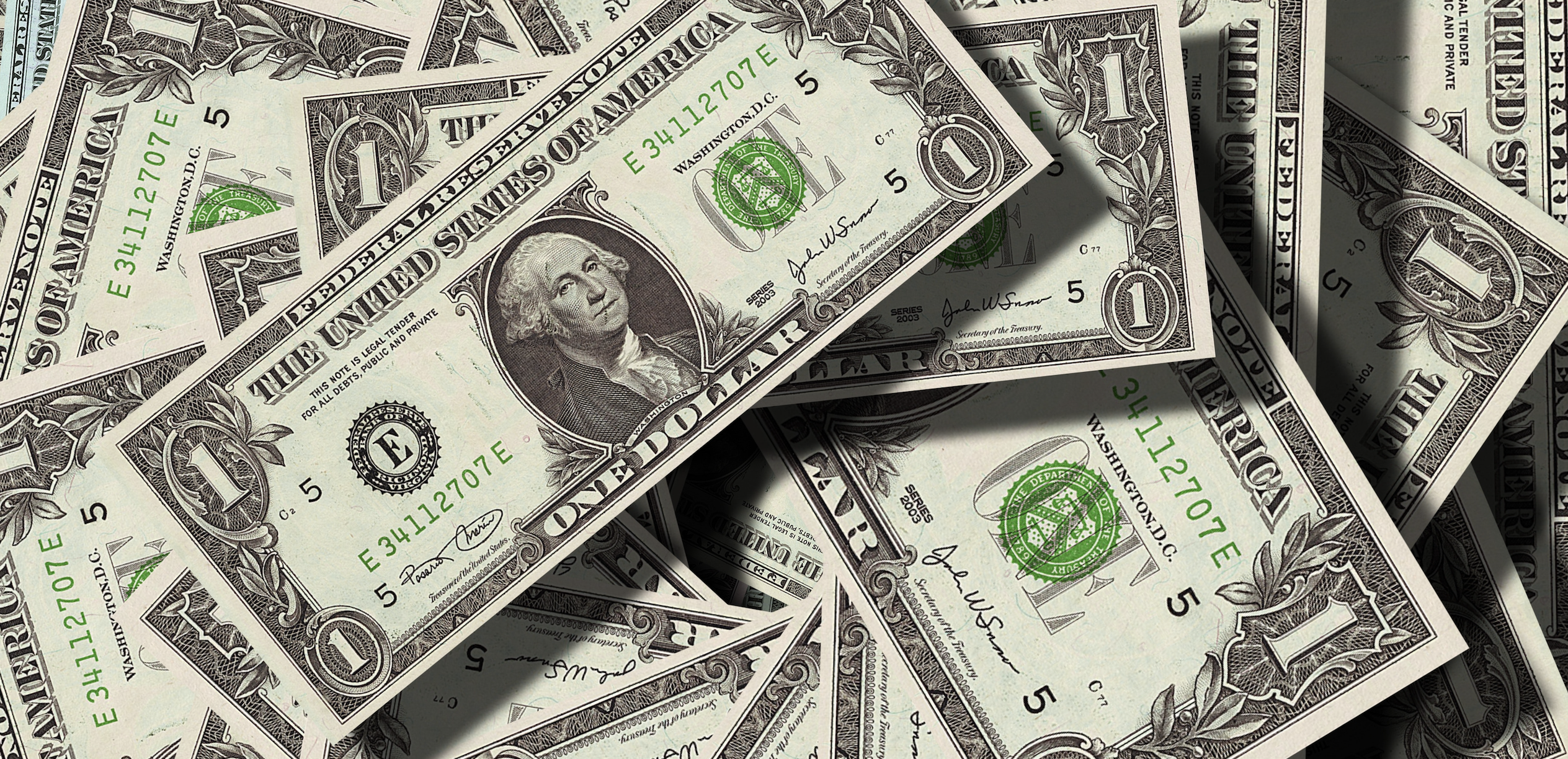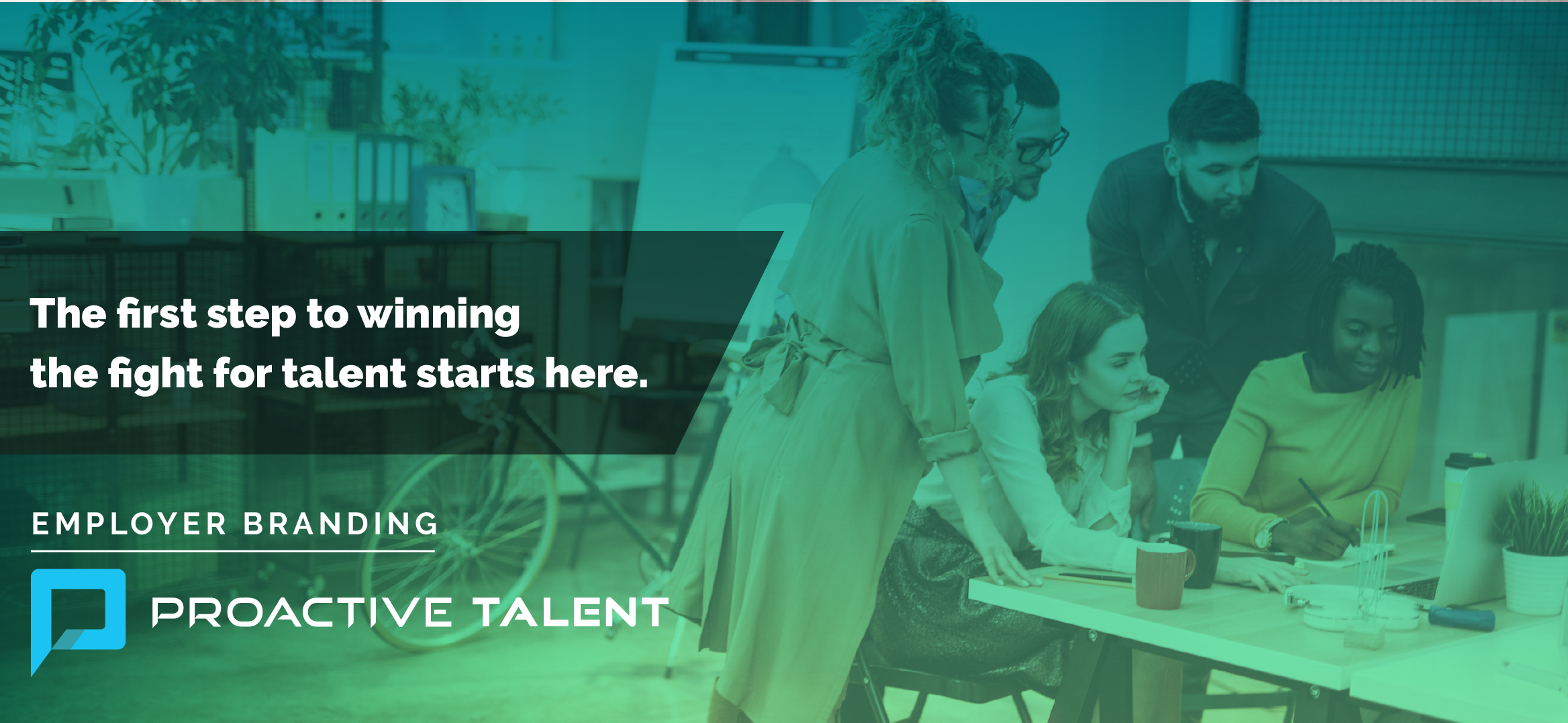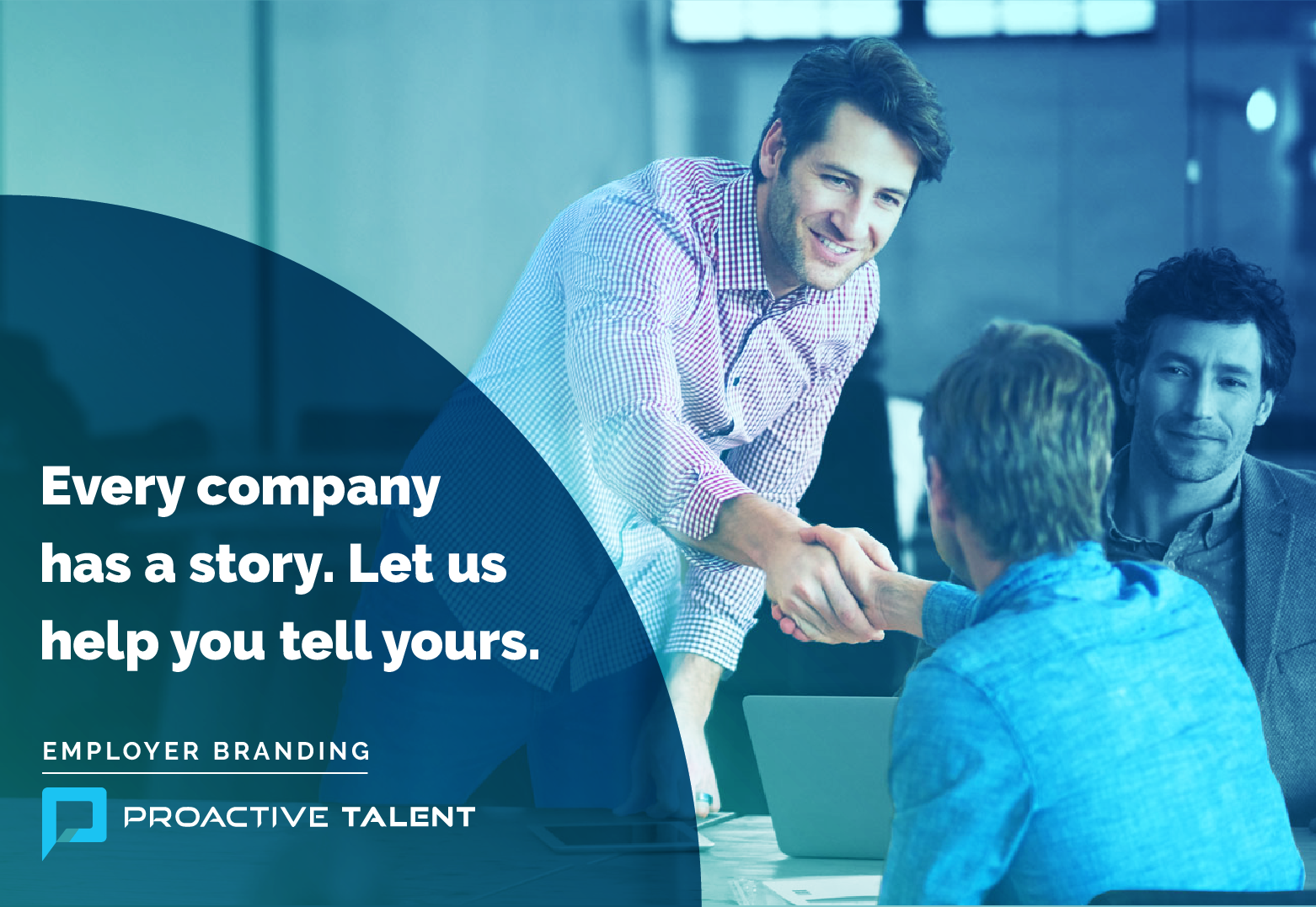The world is changing right before our very eyes. The Coronavirus Covid-19 Pandemic has wreaked havoc on our way of life and threatens our future in ways we can immediately recognize. The number of people unemployed, the list of businesses closing, and the overall uncertainty being just a few. However, said calamity, is exacting a higher toll on some, more than others. An existing class divide is becoming even more pronounced and the repercussions, of which will be felt in society in general, will make an indelible mark on the workplace. How? Well, I think we will see a rise in classism in the workplace and that will mean that companies will have to be ever more vigilant in how they protect their employer brand.
Classism on the Upswing
If you think about it, the Coronavirus pandemic has rather quickly divided our world into two camps; those who can work remotely and those who cannot. If you are in the camp of people who can work from home then, you are dealing with delayed business plans, travel restrictions, isolation from extended family and friends and as such, your social distancing game is solid. You likely get paid time off and if your job is not endangered, self-isolation is (more or less) an economic luxury for you. Indeed, Gallup found that 71 percent of the people making more than $180K can work from home during the pandemic, compared with just 41 percent of those making $24K annually. And of course, there is the added perk that you will likely not get sick.
But what about those in the essential workforce? Listen to these quotes from “The Atlantic” article – “How the Coronavirus Could Create a New Working Class.”
The past few weeks have exposed just how much a person’s risk of infection hinges on class. Though people of all incomes are at risk of being laid off, those who can work from home are at least less likely to get sick. The low-income workers who do still have jobs, meanwhile, are likely to be stuck in close quarters with other humans. For example, grocery-store clerks face some of the greatest exposure to the coronavirus, aside from health-care workers. “Essential” businesses—grocery stores, pharmacies—are about the only places Americans are still permitted to go, and their cashiers stand less than an arm’s length from hundreds of people a day.
…
At the same time, it isn’t as if grocery workers can simply stop coming to work. More self-checkouts could be used and more contact-free deliveries could be made, but someone has to get the Cheerios off the truck and onto the shelves. We are, through this virus, seeing who the truly “essential” workers are. It’s not the people who get paid to write tweets all day, but the people who keep the tweeters in chickpeas and Halo Top.

When I hear about the plight of essential workers, my heart always goes out to them because not only do they have to deal with health concerns for themselves but, they also worry about bringing home illnesses to their family. This is especially true with Nurses. But, you know what else I think about? I think about the negative effects the Coronavirus is having on those who are unemployed, of which there are, at this point – over 20 million. The stress from not knowing how you are going to pay your bills can be unreal and debilitating. Yet, there are other consequences to consider as well, such as drug and alcohol abuse. Listen to this report from CBS New York. Another negative effect of the Coronavirus, increased suicide. MSNBC reports. And another mental health issue related to the Coronavirus pandemic, one I had not considered, was PTSD (Post Traumatic Stress Disorder). Listen to this quote from the CNBC article, “Could you get PTSD from your pandemic experience? The long-term mental health effects of coronavirus”
After the SARS outbreak in 2003, both healthcare workers and people who were self-quarantined exhibited symptoms of post-traumatic stress disorder (PTSD).
The Covid-19 pandemic could have a similar effect, according to experts. Even if you aren’t clinically diagnosed with PTSD, you may have a strong emotional reaction to the trauma of Covid-19 that can last long after an incident.
“When we think about traumatic events, it’s not just what the event is, it’s really your interpretation and what the event causes for you,” Luana Marques, clinical psychologist and associate professor in the department of psychiatry at Harvard Medical School and president of the Anxiety and Depression Association of America, tells CNBC Make It.
For example, healthcare workers providing frontline services, as well as people who have lost loved ones or jobs due to the disease may be at greater risk for developing long-term difficulties. Those who struggle with other mental health conditions, such as anxiety or depression, or who have a prior history of trauma, may be at increased risk of more ongoing distress.
When the pandemic resides and the world returns to work, employees will bring with them unresolved mental health issues, potential substance abuse and the attitudes of some people, that they have been inconvenienced for long enough. You put all that together and you have a much different office than before. To put it simply, there will be people who just cannot deal with the changing realities and mentally bail out at work. Some of these people will be easy to identify but, a great many of them will not be. They will suffer in silence, a sort of, quiet rage, I think. How your company identifies, assists and includes them in your overall culture is what will be trumpeted to the masses.
ADDITIONAL RESOURCES
- Anxiety and depression likely to spike among Americans as coronavirus pandemic spreads
- What It’s Like to Be in Substance Abuse Recovery During a Crisis
- Experts warn of mental health fallout from mass US unemployment
- Anti-anxiety medication prescriptions have spiked 34% during the coronavirus pandemic
What happens when classism hits your workplace? (Oh wait, it's already there.)
Dictionary.com defines classism this way, “a biased or discriminatory attitude based on distinctions made between social or economic classes.” I agree with that definition and can attest to the impact of classism on society in general as well as the individual. The company - Executive Diversity Services discussed “Why Class is so important” on their website. I quote from it now.
Sometimes described as a “hidden” element that needs to be “uncovered” or made “visible”, a person’s experience of class can impact his or her behavior, value systems, and perceptions of self and others. Here are some ways class can have an impact:
- Affecting one’s relationships and communication with others, i.e. how we treat those around us
- Determining one’s own self-concept, confidence, and perception of ability to take on certain responsibilities, roles, or career goals
- Creating a sense of belonging or exclusion, due to one’s comfort with others or familiarity with professional or social environments
- Creating a sense of exclusion from one’s family or class of origin if one has changed social class through education, employment or life partnerships
- Influencing one’s perception of money, power, status, organizational structure and policies, and management hierarchy.
These impacts can be directly seen in a situation or can indirectly contribute to conflicts or misunderstandings and decreased performance, if not identified, understood, and consciously dealt with.
After reading that, I went down this rabbit hole of research on classism in the workplace and found a few interesting resources that were written years ago but somehow felt timely, as we gradually return to normal. I’ll explain what I mean, after I share three more quotes. This one from the aforementioned company – Executive Diversity Services.
Classism issues can be found not only within academic institutions, but also in corporate settings, in any workplace – and can often go unacknowledged. Patreese D. Ingram, a scholar from Penn State, explains that within almost every organization there exists a hierarchy amongst employees that can create a class system in itself. This hierarchy can be based on a person’s title, role, position, or function, and can cause “ some employees to feel like ‘somebodies’ and others to feel like ‘nobodies’”.
Ingram rationalizes that although rank is necessary within organizations, “rank-based mistreatment can result in lower levels of job satisfaction and performance” and can also lead to “lower levels of loyalty and commitment to the organization.”
The Business Times discussed “Class” in their piece – “Hidden rules of class affect workplace” and therein they said this…
Managers and supervisors must be aware of the hidden rules of their employees and be willing to teach them rules that bolster their success within the organization. For example, do your employees understand the organization’s unspoken rules about money? Those from poverty grew up with the notion that money was to be used, spent. Middle class norms suggest that money is to be budgeted and managed closely. Wealth suggests that one should conserve and invest money. What’s right? Each is a viable use for money, but do your employees understand the views of your organization?
The same can be asked of the view of higher education. Middle class norms suggest that education is critical to success and making money. But to those from poverty, education is more abstract, not a viable reality. For those from wealth, education is a necessary tradition for making and maintaining social connections.
And one more quote about social class discrimination in the workplace, this one from USAonRace.
The motto “rank has its privileges” finds its roots in classism. Your level or rank in an organization can mean that you are subject to different rules, or are offered different perks, and advantages, than those who are over you or under you on the organizational chart.
On its face, levelism does not sound like a bad thing. You earn your way to the top of the organization and each level you attain bears even greater rewards. Unfortunately, if you are thought to be unworthy of promotion due to your appearance, use of language, your sensibilities, or your approach to work, you will never be eligible for the perks given to those at the top. Furthermore, if you find yourself stuck at the bottom of the organization because you don’t have the budget for an impressive wardrobe or nice car, the perks you are offered often do not fit with your needs.
Those quotes really resonated with me because I can easily imagine those same issues being intensified in the post-Coronavirus era. For example, prior to the pandemic, many Americans lived paycheck to paycheck. No doubt, many of those returning to the workforce would have endured financial hardships that will impact their overall career. A few more thoughts…
- Returning workers may be disregarded for promotion (or recruitment) because they do not look the part; due to not having an impressive wardrobe or car. Items they may have lost in the carnage caused by the Coronavirus.
- Returning Executives might now have a survivalist mentality where their notion is to survive and save for another day rather than take a risk on a new idea. Without an occasional gamble, there are no rewards of upward mobility. So, their career and the company they manage, becomes stagnant.
- Labor and management might both have difficulty psychologically adjusting back to normal office operations whereas those who were already accustomed to working from home don’t miss a beat, get noticed and promoted. And the fate of those who have trouble adjusting back begin feeling like nobodies and become less invested in the success of the company, doing just enough to stay employed but no more.

Let’s add more to the story; this time from the quiet worker still recovering from economic hardship. When it comes to job expenses, they are expected to pay up front and get reimbursed later. All of a sudden, working at that company is something they can’t afford yet at the same time, they cannot afford to quit.
What if there is a formal company gathering to celebrate Coronavirus survival and people are expected to dress up? Evening gowns and tuxedos are expensive, even if you rent them. So, some workers don’t attend which hurts their networking efforts inside the company and their careers are impacted.
And when it comes to recruiting, to quote Executive Diversity Services again, “…do [your] recruitment strategies only focus on Ivy League or private educational institutions? Are graduates from particular universities preferred over those who attend community colleges? Are those who take part in certain extra-curricular activities (i.e. philanthropic organizations) favored over those who had part-time jobs during school?)” I’ll add to those questions, are you ignoring people whose principal experience comes from gig work (like Uber or Instacart?).
It may be weird to ask that recruiting question now, when just a few months ago it was a candidate’s market. Now that the pendulum has swung back to the employer, there is a danger of old classist hiring practices to return as well. Chief among them, devaluing the expertise of someone who was laid off in favor of someone who was not.
And regarding that, I would caution companies to retain the practices pioneered and adopted when the unemployment rate was at a historic low. Back then, and it was only a few months ago, great emphasis was placed on the employee experience and how attractive your employer brand was. If you abandon that focus and return to the practice of taking jobseekers for granted then, you will wound your employer brand and make it even more difficult to recruit the best talent.
All that to say, there are a lot of people hurting for work that can benefit your company; people who might not be able to present themselves as well as they could have pre-Corona. Be careful not to treat them as being in a lower class than you. Of course, you might not think that you do that. Speaking of which…
ADDITIONAL RESOURCES
- Social class discrimination a serious problem in the workplace
- Why aren’t we mentioning class discrimination in office diversity discussions?
- How classist is your workplace?
- Classism in the workplace: what to do about socio-economic discrimination
- CLASSISM: AMERICA’S OVERLOOKED PROBLEM
Just how classist are you?
Okay, I’m going to just ask a few questions and make a few comments. You can answer or not, either way, I won’t know your answers unless you reach out to me. So, here we go. Just answer, yes or no, and see if you manage to surprise yourself.
- Do you know the names of people who “serve” you in your organization? (e.g., the janitor, the security guard, the receptionist?) If you don’t know the names of people who serve you EVERY WORKING DAY, then you might be classist. If you greet them regularly and have had some conversations with them to the point that you know their children’s names, you might not be.
- Do you speak to people who are higher than you in the organizational structure? (Senior managers, CEO, et cetera) If not, why not? They are people, just like you. If you somehow think that you are not good enough to talk to them, you might be classist. See, it works both ways. And even those who have status and advantages can feel isolated if people treat them like they are “untouchable.”
- Do you think that someone who doesn’t eat organically or in a ‘Healthy’ way means they’re lazy or don’t care about their health? If so, you might be classist because all the organic food I’ve seen is expensive compared to other items loaded with preservatives. That’s just how it is. Next time you’re in the grocery store, compare the prices for yourself.
- One last question. Do you think all homeless people are that way because they are lazy and/or substance abusers? If you said yes, then you might be classist because sometimes, just sometimes things happen through no fault of our own. Coronavirus for example. If the circumstances of this pandemic were to continue, that could become you or I.
If you had not considered before how Classism could be consciously or unconsciously affecting your employer brand, let’s have a conversation about it. (And I mean, a chat, not a sales call.) As we return to normal or rather, the new normal, your employer brand is more important than ever and you will need every advantage.
A few topics for our future discussion:
- Building an Employer Branding Budget
- How to budget for Employer Branding
- What are some strategies I should be considering?
- How do I incorporate this into my remote workforce?
Click here to contact us and to schedule a call. We look forward to hearing from you.





